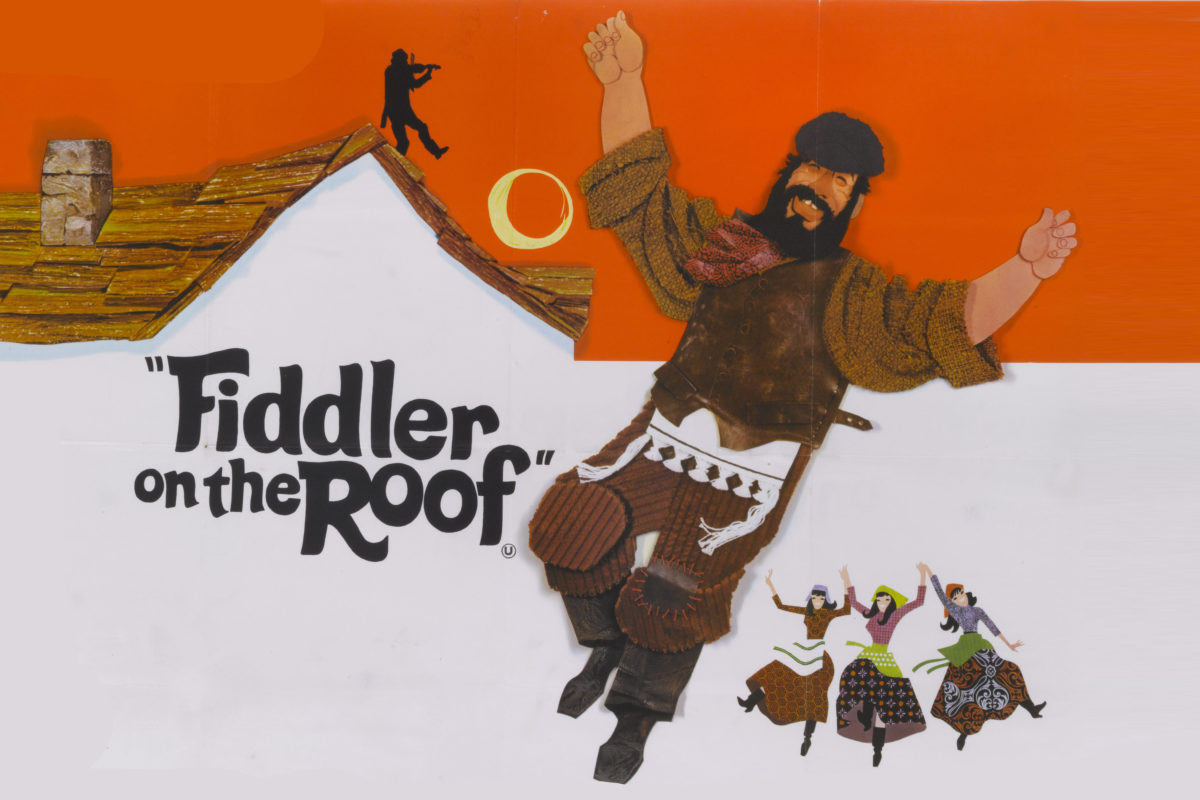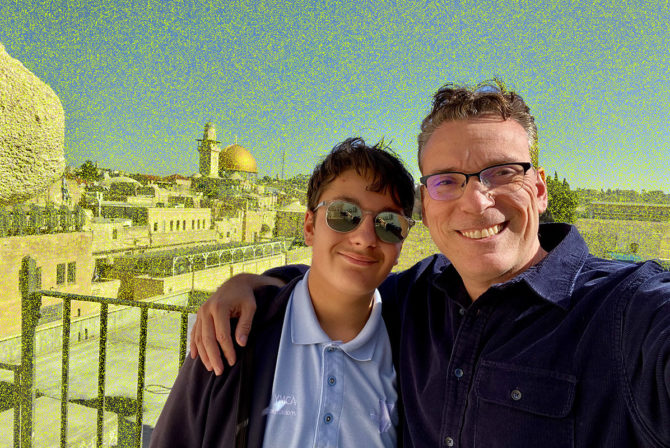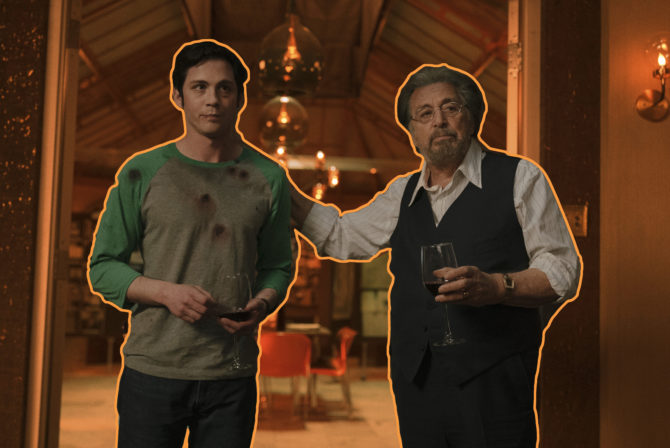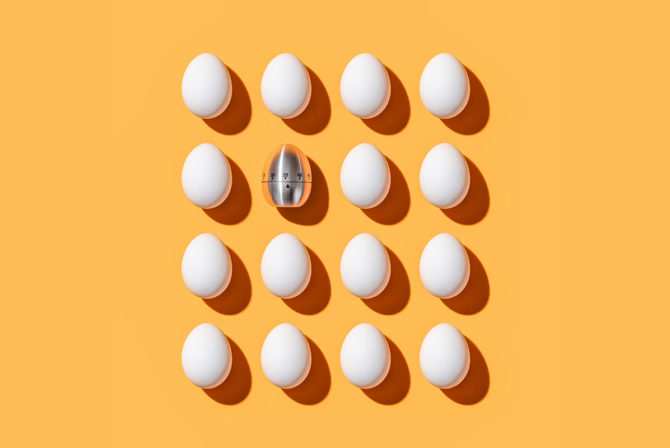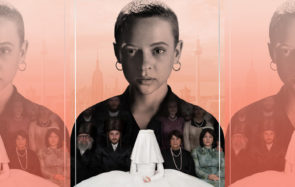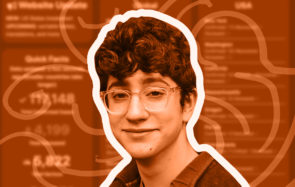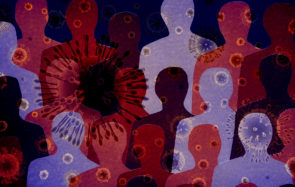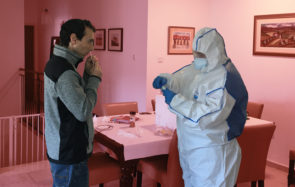大约五年前,我参观了市立博物馆中Amsterdam,标志性的现代艺术作品的家庭和亲切的(或不那么亲切,这取决于你问谁)绰号“the bathtub”其超现代的建筑装修后的当地人。
当然,我很欣赏Mondrians的严格的线条,毕加索的几何图形,并且Rothkos的困扰颜色。但是,握着我的注意力比其他任何一幅画:The Fiddler由马克·夏加尔。这幅画1912年有提琴手在屋顶上的一只脚平衡,用小城镇的俄罗斯在后台。著名书画实际上激发了标志性的标题音乐,提琴手 on the Roof,这本身就是基于由沙勒姆·亚拉克姆故事集。
或许是我对这个特殊的绘画贯通不应该感到惊讶。毕竟,提琴手 on the Roof得到了极大影响到了我自己是犹太人的感觉,自从我还是个孩子。
下面是它如何发生的:9岁之前,我真的不记得是自觉地意识到我是犹太人的。我想我知道,我是通过我的外祖母技术上犹太人,但她从来就没有她的孩子们的生活中不可或缺的一部分。今天,回头看,这是很清楚,我为什么:她自己的母亲已经死在Auschwitz而我的祖母,作为一个年轻的女孩,住与非犹太家庭在荷兰乡村。她深爱她的领养家庭,而她自己的犹太父亲是一个坚定的无神论者。二战结束后,有没有在犹太社区在荷兰的方式多,当然不是在农村地区奶奶家打电话。
但随后,作为第三级,未真正犹太人在一个决定性的 - 而不是犹太人Colorado town,我发现自己在惊叹康高中的生产提琴手 on the Roof.我姐姐是学生导演,我的弟弟在管弦乐队演奏的男中音,和我的母亲自愿源道具和辅助后台。突然间,我几乎花光了我下午看彩排,吸收这个故事关于一个小shtetl来生活。
作为乐团练习,令人难忘的比分变成了我生活的一部分。这是我第一次介绍克莱兹梅尔音乐的声音无误;小调的统治地位是一个启示。如Crazy Ex-Girlfriendput it so eloquently:“我们在一个小调唱要记住,我们受到影响。”
自那生产,17年前,在电影原声带已经成为我的家庭生活的主食。长大后,我和姐姐就开玩笑地唱“Matchmaker”在我们的肺部上方,有效地排斥任何可能的匹配。演唱“奇迹中的奇迹”,甚至只是第几行总是会骚扰我妈妈没有结束,虽然我还不太知道它是什么那首歌是惹恼了她这么多。也许是我家的运行时间最长的笑话,这一天是喊“传统!” in response to any query as to why we do things the way we do.这可能听起来很奇怪,但听和报价提琴手是最犹太人,我觉得我们坚决世俗的家庭可以得到的。
我从来没有参加过Hebrew school但是,由于提琴手 on the Roof我学会了有关其遵守什么安息日和规则。Tzeitel和汽车旅馆的婚礼是第一次Jewish wedding我参加过,可以这么说。这是我第一次遇到chuppah,第一次我看到一个新娘圆她的新郎七次,并在第一时间听到新郎打破玻璃,他的脚。多年以后,在我姐姐的婚礼,我忍不住听到的“日出,日落”打忧郁的曲调在我的头上,而我的父母站在她的身边。
不久后这个改变生活生产高中的提琴手 on the Roof,我的家人搬回到荷兰,在那里我的父母已经长大了,我的大家庭还住。再一次,我发现自己在最犹太人的地方想象中的一种:埃尔默洛,拥有27000名居民的小镇,在荷兰圣经地带的中间。我知道的唯一其他犹太人同样是我的世俗 aunts, uncles, and cousins.At the time, my identity revolved more around being “the American” rather than “the Jew,” and I did not seek to change that.
A few years later, however, during my high school Religious Studies class, my Jewishness became relevant once more.My fellow students were unfamiliar with提琴手 on the Roof,and Jewish culture in general.I remember receiving many quizzical looks when, for a few weeks, I decided to wear aStar of David necklaceas some form of misguided teenage rebellion.
When my teacher found out he had a real-life Jew in the class, I became the new favorite student to whom he could direct all the Jewish questions.“What’s amezuzah?What is the significance of a bar mitzvah?Why is Israel so important to Judaism?” While this was often uncomfortable — he didn’t quite grasp the difference between being religiously or culturally Jewish — I found myself able to answer a considerable number of his questions thanks to what I had learned from提琴手.For example, with the help of “Tradition,” I could explain the meaning behind covering one’s head with a kippah.
提琴手 on the Roofalso gave me a frame of reference for what my ancestors experienced.They were pushed further and further west from Poland and Germany, until my grandmother’s generation was forced to spread to such far-flung locales as Shanghai and Australia.It made me curious to know more about my own family history.Thankfully, my grandmother’s cousin had researched our family tree, and had even written a memoir, recounting his family’s flight from Berlin just before the start of WWII.Just like Tevye and Golde, his parents had to hope that wherever they were going with their children would be better than the home they left.The ending of提琴手 on the Roofis not just a plot point to me anymore, but the lived history of my family.
My grandmother was similarly instrumental in putting the musical’s themes into perspective.如 a teenager, I accompanied her to a memorial service dedicated to theHolocaust victimswho were captured at a Jewish hospital in the Netherlands, my great-grandmother among them.The service was not particularly well-attended;so few remained to honor those who had died.My grandmother was amazed at her own relative luck — she had not only survived the war, but she also went on to have five children and 12 grandchildren.She dedicated her life to her family;the family she felt she was never, realistically, supposed to have.This family devotion is what always stands out to me in提琴手, and it’s what I continue to associate with what it means to be Jewish.
Even now, I’m still not a formal part of any synagogue or Jewish organization, nor have I ever lived anywhere with a sizable Jewish community.Still, I know that if I listen to the提琴手soundtrack, I feel like I am part of something tangible in the world, something bigger than my own questioning sense of identity.I may not ever really know how Jewish I want to be, or what that would even look like to me, but it makes me feel like I am part of this diaspora of提琴手-loving,secular Jewsaround the world.
My husband may not be Jewish, but I know that he will join me in passing on these family stories and the legacy of提琴手 on the Roofto our future Chinese-Canadian-American-Dutch-Jewish children.I can’t think of a better example of modern Jewish life.L’chaim!
Image by Movie Poster Image Art/Contributor via Getty Images
